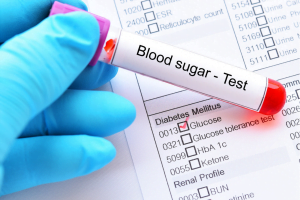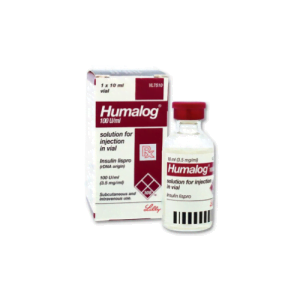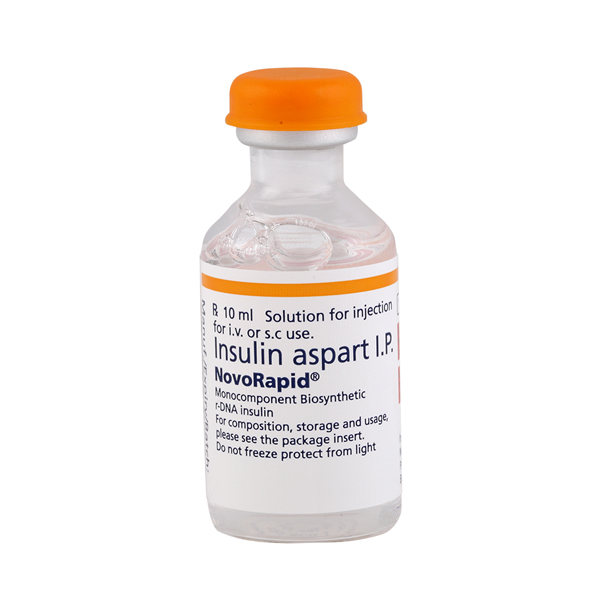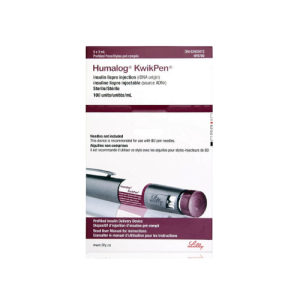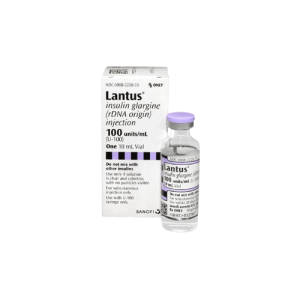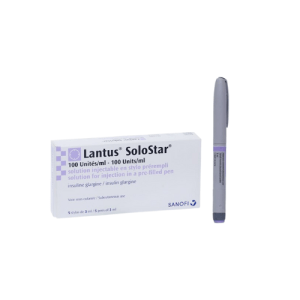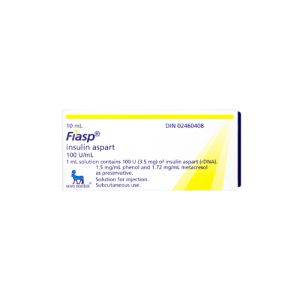Insulin is a peptide hormone that controls the blood glucose levels. Found naturally in the body, it is synthesized by beta cells in the Islets of Langerhans. In order to support fetal growth, the body tends to produce additional insulin during pregnancy. Apart from that, pregnancy also increases insulin resistance. As a result, gestational diabetes (i.e. diabetes during pregnancy) may occur.
Hypoglycemia during pregnancy
While less common than hyperglycemia (high blood glucose), hypoglycemia may occur during pregnancy. Clinically, hypoglycemia (otherwise known as low blood sugar) is defined as a blood glucose of lower than 60mg/dL. To be diagnosed with hypoglycemia, the blood sugar readings need to be consistently low. A single low blood glucose reading does not necessarily imply the presence of hypoglycemia. Female patients with diabetes (including type I diabetes, type II diabetes, and gestational diabetes) are especially susceptible to hypoglycemia during pregnancy. Hypoglycemia is relatively rare in pregnant patients without diabetes. According to a study, approximately 23% of pregnant patients with type I diabetes had at least 1 hypoglycemic episode (many had multiple hypoglycemic attacks).
Causes of hypoglycemia during pregnancy
Hypoglycemia in pregnancy is often resulted from excessive exercise (which leads to a depletion of glucose), or the lack of blood glucose-stabilizing foods. In most cases, aggressive diabetes treatment (e.g. high dose of diabetes medications) is the cause of hypoglycemia during pregnancy.
Common hypoglycemic symptoms include:
- pale skin,
- tingling around the mouth,
- anxiety,
- sweating,
- heart palpitations,
- shaking,
- lightheadedness,
- nausea,
- vomiting.
The symptoms will usually resolve themselves when blood glucose is restored. In severe cases, you may lose consciousness due to a dangerously low blood glucose level. Some factors may increase your risk of developing hypoglycemia. This includes history of hypoglycemic episodes before pregnancy, malnourishment and sickness (and hence, lack of appetite). In addition, patients who are at the first trimester are more likely to develop hypoglycemia. Research has suggested that diabetes patients are 3 times more likely to develop severe hypoglycemia in the first trimester of pregnancy. A hypoglycemic episode is most likely to occur during the eighth to sixteenth week (it is least likely to happen in the second trimester).
Treatment
For symptomatic relieve, take 15g of carbohydrates during a hypoglycemic attack. Simple carbohydrates such as regular soda, fruit juice, honey or sugar, and glucose tablets tend to contain high levels of sugar. Always carry these foods if you have hypoglycemia in pregnancy. During a hypoglycemic attack, pull over if you are driving. Glucagon kit, while rarely prescribed, may be used as an emergency treatment. It helps to elevate blood glucose levels by stimulating the hepatic release of glucose. To prevent hypoglycemia during pregnancy, maintain a stable blood glucose level by having frequent, small meals. Moderate exercise may also help to reduce the risk of hypoglycemia during pregnancy. While infrequent episodes of hypoglycemia is unlikely to harm the fetus, frequent hypoglycemic attacks can be problematic. Some of the serious complications of hypoglycemia include coma, seizures and in extreme cases, death.
Doctor’s Recommendation
If you’re at an average risk of gestational diabetes, you’ll likely be screened during the second trimester, around weeks 24 to 28 of pregnancy.
If you’re at high risk, such as being overweight, having a family member with diabetes, or having had gestational diabetes before, your healthcare provider may test you for diabetes early in pregnancy, possibly at your first prenatal visit.






